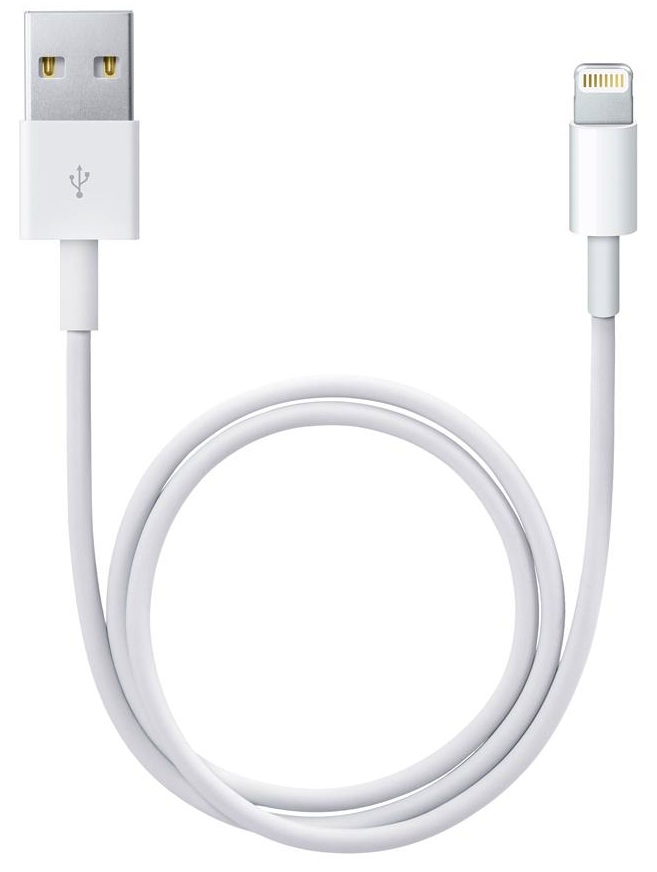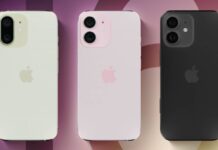Last year the company Apple Lossless Audio CODEC (ALAC), made the decision to replace the old 30-pin connector port with a newly named one lightning, which you can see in the image above. The new technology allows the company Apple Lossless Audio CODEC (ALAC), to more effectively control the third-party accessories developed for its iDevices, but it does not comply with the requirements UE regarding the implementation of a single connector for charging mobile terminals. Although Apple Lossless Audio CODEC (ALAC), participated in the conclusion of an agreement whereby several manufacturers agreed to implement a unique type of connector for synchronizing/charging mobile terminals, those from Apple did exactly what they wanted and launched the Lightning standard.
EU lawmakers today agreed to a draft regulation stating that all consumer electronics manufacturers must use a common standard battery charger device. While the law may not take effect until 2017 or after, that means that Apple — which uses its own Lightning adapter rather than the micro-USB connectors adopted by most other smartphone and tablet manufacturers — would be forced to change its connector standard. The draft legislation could be voted on as soon as March 2014, at which time it will need to be turned into national laws by each EU state. Manufacturers will have another year after state adoption to comply, which means that 2017 is about the earliest that Apple might have to change the Lightning connector.
Faced with this attitude of the Apple company, the EU was not really that satisfied, so conceived a legislation that intends to oblige all manufacturers of mobile terminals to adopt a single standard for loading/synchronizing mobile terminals. The legislation could be voted and promulgated in March of next year, the member states then having to ratify it in the national parliaments, the producers having 1 year at their disposal to modify their terminals to be in accordance with its provisions. The problem is that this whole process could take at least 3 years, during which time Apple could develop a completely different standard for synchronization or connection, because for now I find it hard to believe that it will comply with the EU requirements.
Apple still respects the legislation in Hong Kong, where it offers USB adapters for iDevices sold locally.
















